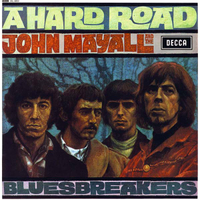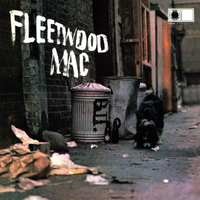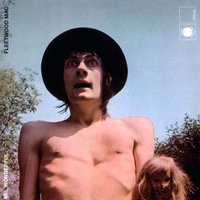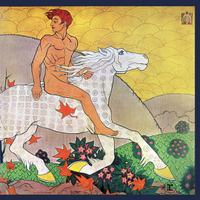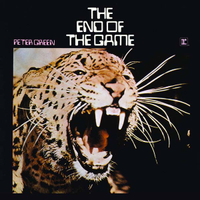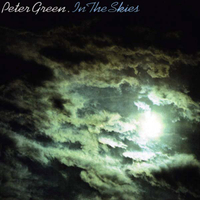Auniquely soulful guitarist, singer and songwriter, Peter Green was one of the architects of British blues rock. In 1966, at the age of 19, he replaced Eric Clapton in John Mayall’s Bluesbreakers, and recorded the classic album A Hard Road which was released the following year. Many other recordings from his time in the Bluesbreakers – singles, B-sides, live performances – have (re-)surfaced in more recent times, ranging from standards like Stormy Monday to Green’s own deep-blue compositions such as Out Of Reach, which further underline the supernatural brilliance of his playing.
Green then founded Fleetwood Mac in 1967 with whom he recorded three ‘official’ studio albums and authored a string of classic rock singles not included on any of the band’s albums at the time, including: Black Magic Woman, Man Of The World and Oh Well. Blessed with a rich vocal tone tinged with a deep, dark sadness, he wrote world-weary lyrics that on occasion touched a nerve of unutterable despair. “I was always a sad person,” Green once remarked. “I don’t know why.”
His melancholy disposition was not helped by the pressures and temptations of life in the rock-celebrity circus. He left Fleetwood Mac soon after taking an extended acid trip in March 1970, and released his first solo album, prophetically entitled The End Of The Game, in December the same year. He spent the rest of the 70s wandering through a maze of rehab clinics and mental health institutions where he was eventually diagnosed with schizophrenia. The nadir came in 1977 when he was arrested and briefly detained in prison following an incident of threatening behaviour with a shotgun.
Green’s career as a musician looked to be over. But in 1979, with the help of his elder brother Michael, he released a comeback album, In The Skies. A string of solo albums with a motley crew of collaborators followed, until 1985 when Green again dropped out of view for another 10-year hiatus. Aided by the guitarist and singer Nigel Watson, he returned in 1996 with the Peter Green Splinter Group, who released six studio albums of variable quality before splintering for good in 2003.
In February 2020, Mick Fleetwood organised an all-star extravaganza at the London Palladium celebrating the music of Peter Green. Sadly, the absent star of the show died five months later at the age of 73.

...and one to avoid
You can trust Louder Our experienced team has worked for some of the biggest brands in music. From testing headphones to reviewing albums, our experts aim to create reviews you can trust. Find out more about how we review.

